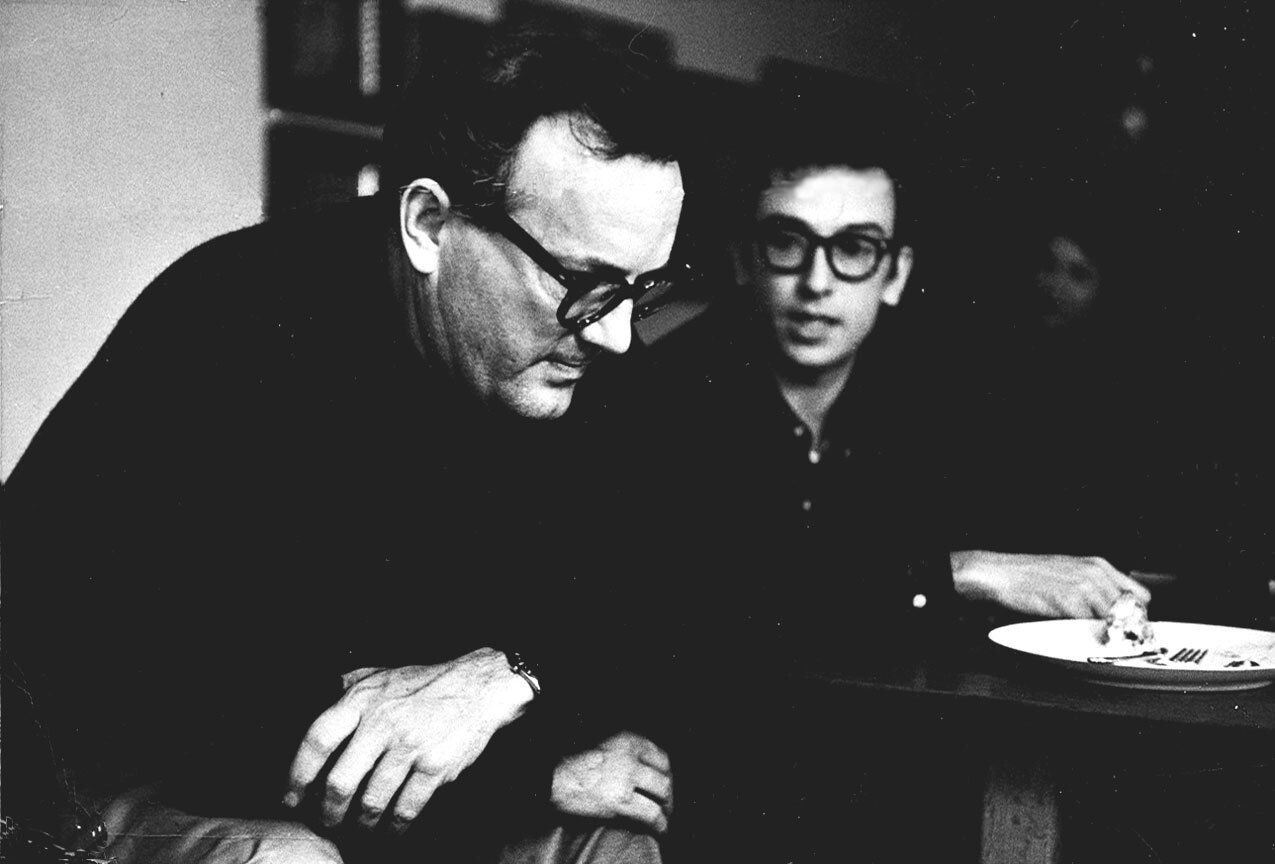
Two Steps Back
Not unlike the late 1950s, students today find most compelling in Marx what among the existing Left is fraught with a great deal of ideological confusion: the possibility of historical transformation. And though we can write and rewrite about the centrality of the eleventh thesis of Feuerbach until pages are worn to a pulp, in truth, we insist on the relevance of this line precisely because society has proven so recalcitrant to change—from the Left. “Crises” are no longer opportunities for political mobilization but just reaffirm how powerless the Left is, even in the face of economic collapse. Presently, the Right is much more effective at organizing in times of social discontent and holds the monopoly on the rhetoric of freedom—once the battle cry of the Left. We have reached an historical impasse of great political consequence. In the face of this degeneration, how do we assess whether or not any self-purported Left either by “carrying on” with the political “struggle” or by returning to “the legacy of socialist thought,” is actually working towards social revolution? Writing amid the sound and fury of the Cold War, Mills was plagued by a sense that both the Right and the Left had become obstacles to transformative possibilities. As a critic of the Left, Mills leaves much to be admired. It is through this framework that his “Letter to the New Left” (1959) can speak to us today.